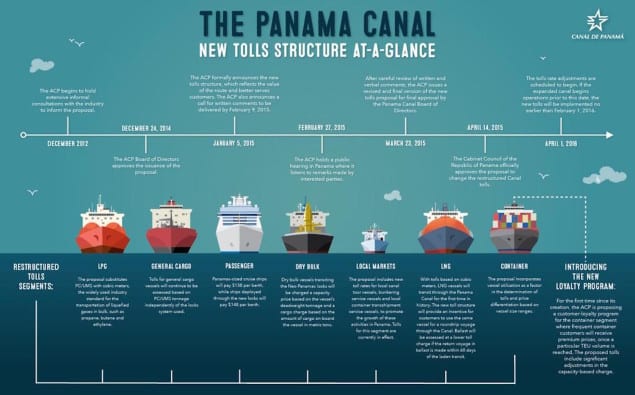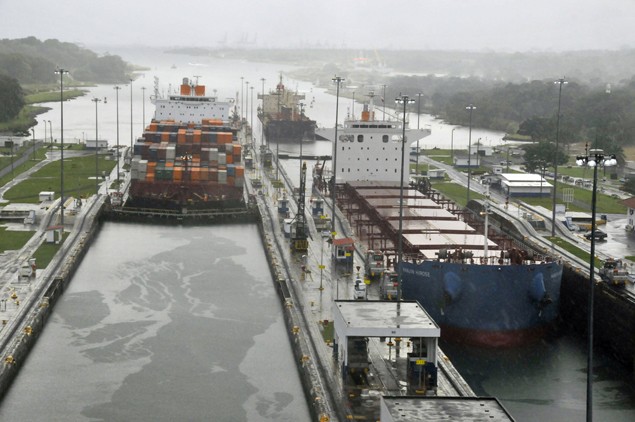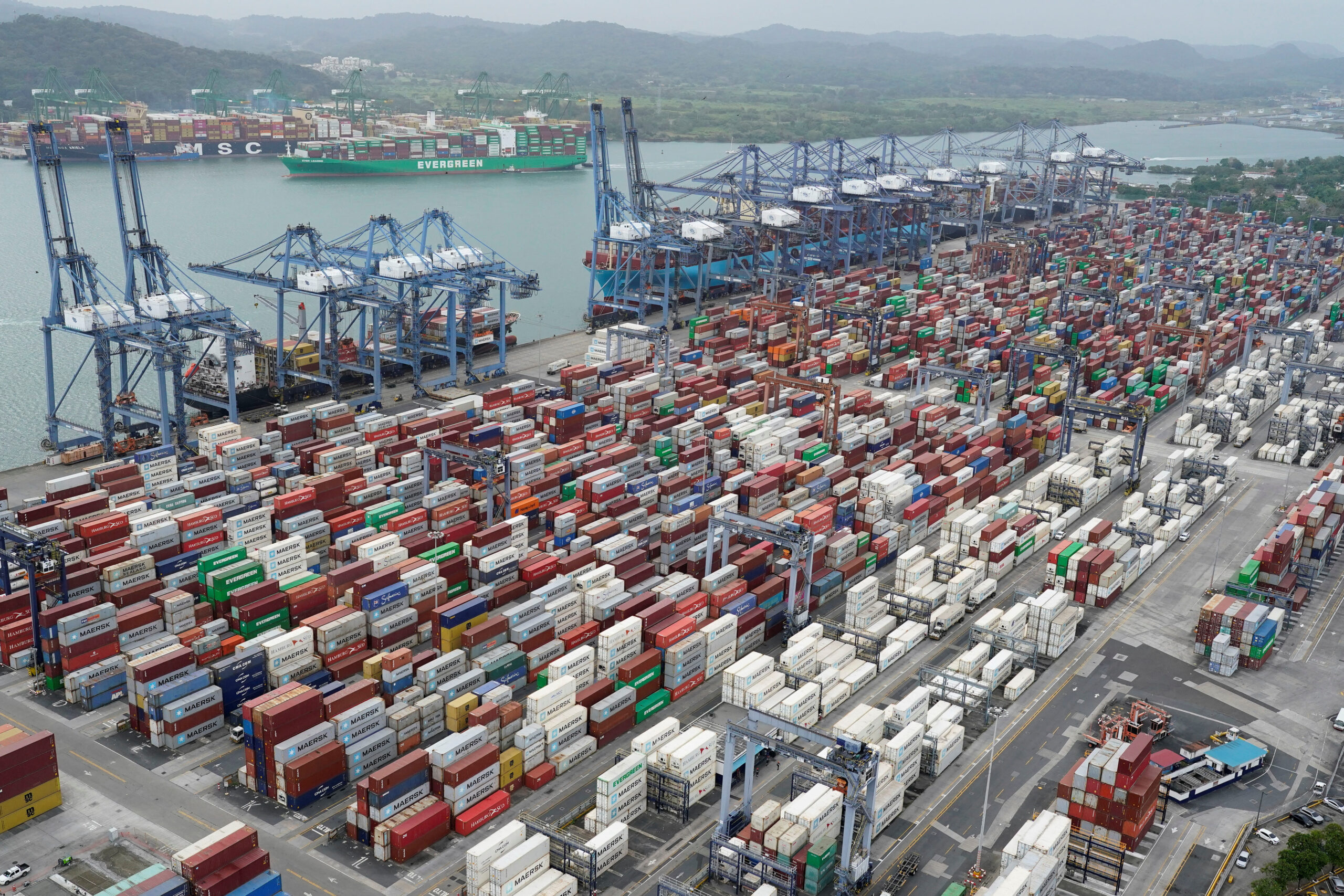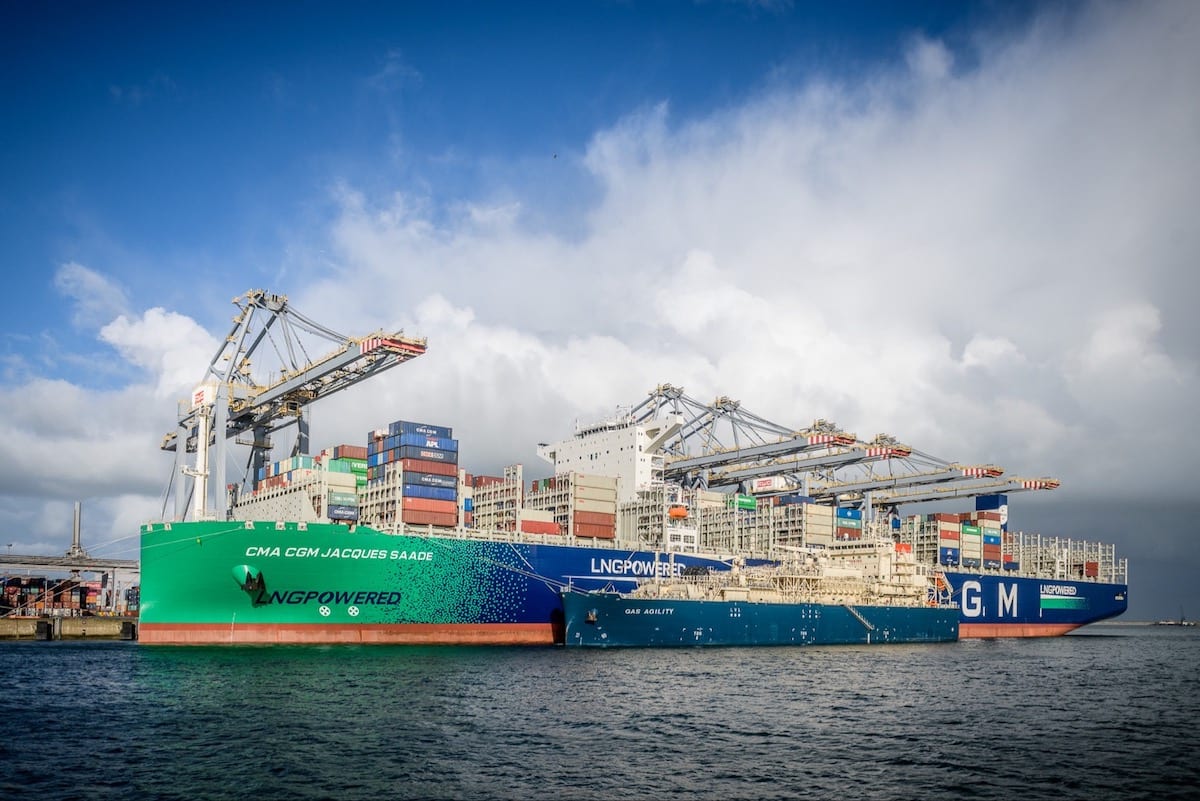Photo (c) Shutterstock/meunierd
The Cabinet Council of the Republic of Panama has officially approved a proposal to modify the Canal tolls structure following a recommendation from the Panama Canal Authority (ACP) Board of Directors.
The restructuring calls for each vessel segment to be priced based upon different units of measurement. For example, dry bulkers will be based on deadweight tonnage capacity and metric tons of cargo; Liquefied Natural Gas (LNG) and Liquefied Petroleum Gas (LPG) vessels will be based on cubic meters; tankers will be measured and priced on Panama Canal Universal measurement system (PC/UMS) tons and metric tons of cargo; containerships will continue to be measured and priced on TEUs; and passenger vessels will continue to be based on berths or PC/UMS. In addition, a new Intra Maritime Cluster segment has been created which includes local tourism vessels, marine bunkering and container transshipment vessels that do not compete with international trade.
For the first time, the tolls restructuring will also include a customer-loyalty program for the container segment, where frequent container customers will receive premium prices once a particular TEU volume is reached.
Here’s an infographic explaining the changes (click HERE for high-res):

The passage of the new toll structure follows more than a year of informal consultations with representatives from various industry segments, an open call for comments, and a public hearing to solicit industry feedback on these changes.
“After working in close cooperation with our partners in the maritime industry, I am pleased we will be able to provide a more bespoke pricing solution for our customers; one that recognizes their various needs and requests, while still appreciating the value and reliability provided by the route,” said Panama Canal Administrator/CEO Jorge L. Quijano.
The approved toll adjustments for all market segments are scheduled to go into effect on April 1, 2016, except for the new Intra Maritime Cluster Segment which go into effect with this approval. The tolls will apply to the existing Canal as well as the new lane of traffic when the expansion project begins operation.
The last toll modifications were put into effect in 2012-2013 for dry bulk vessels, tankers, chemical carriers, gas carriers, vehicle carrier/Roll-on/Roll-off, general cargo and other vessel types segments. Container, reefer and passenger tolls have remained unchanged since 2011.
The full details of the new toll structure beginning April 1, 2016 can be found HERE (opens in PDF).

 Join The Club
Join The Club












